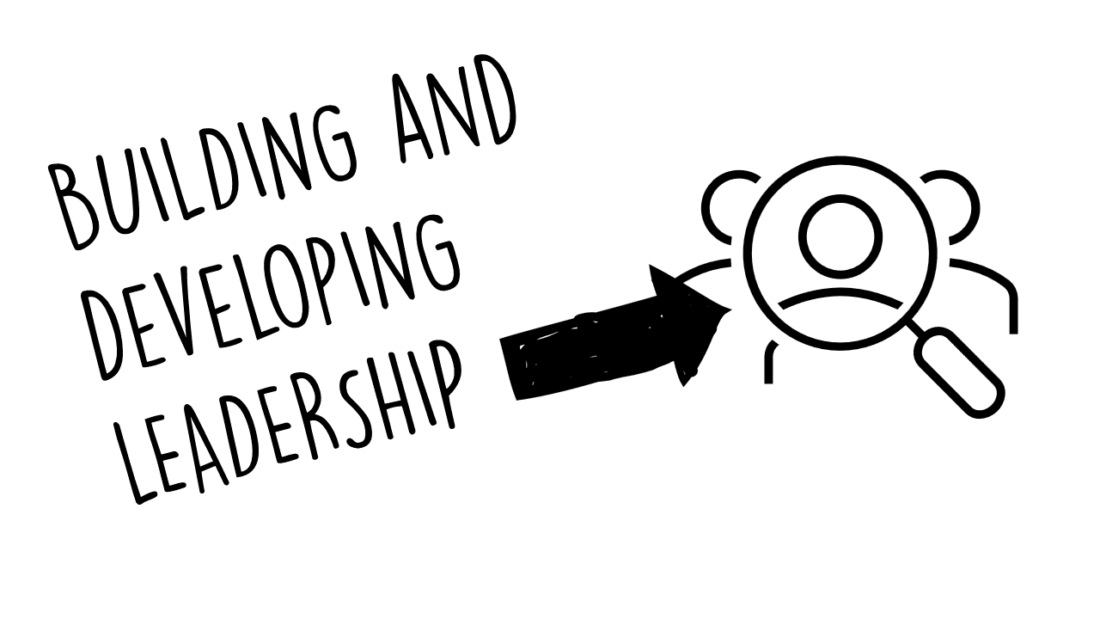Leadership is a fascinating subject that has been studied, analysed, and debated for centuries. It’s a complex and multifaceted concept that encompasses a wide range of behaviours, traits, and skills. Leadership is not just about being in charge or having authority; it’s about inspiring others, making tough decisions, and leading by example.
Let’s delve into some facts about leadership before we discuss the nine principles of a successful leader.
1. Leadership is not synonymous with management: While both are crucial for any organisation, they serve different functions. Management is about organising and coordinating activities in line with established policies, while leadership is about setting new directions and inspiring others to follow.
2. Leadership styles vary: There’s no one-size-fits-all approach to leadership. Different situations call for different leadership styles. Some leaders are more autocratic, making decisions without consulting their team, while others are more democratic, involving their team in decision-making.
3. Emotional intelligence is key: Effective leaders possess high emotional intelligence. They’re able to understand and manage their own emotions as well as those of their team members.
4. Leaders are both born and made: While certain people naturally possess leadership qualities, effective leadership skills can also be learned and developed over time.
5. Leadership impacts organisational performance: Effective leadership can boost employee morale, increase productivity and drive business growth.
Now that we’ve covered some general facts about leadership, let’s move on to the nine principles of a successful leader:
1. Vision: Successful leaders have a clear vision of where they want their team or organisation to go.
2. Communication: They communicate this vision effectively to inspire others to follow.
3. Integrity: They uphold high ethical standards and lead by example.
4. Empathy: They understand and share the feelings of their team members.
5. Resilience: They remain strong in the face of adversity.
6. Adaptability: They’re flexible and open to change.
7. Confidence: They believe in themselves and their abilities.
8. Decision-making: They make tough decisions when necessary.
9. Continuous learning: They’re committed to personal growth and development.
Now, let’s discuss how you can implement and develop your leadership skills step-by-step:
1. Self-awareness: Understand your strengths, weaknesses, emotions, and values. This is the first step towards effective leadership.
2. Set clear goals: Know where you want to go and set specific, measurable, achievable, relevant, and time-bound (SMART) goals.
3. Improve communication skills: Practice active listening, clear articulation of ideas, and open-mindedness to feedback.
4. Develop emotional intelligence: Learn to manage your emotions and understand those of others.
5. Lead by example: Demonstrate the qualities you want to see in your team members.
6. Foster a positive environment: Encourage collaboration, creativity, and innovation.
7. Make informed decisions: Gather all necessary information before making decisions.
8. Seek continuous learning: Attend leadership workshops, read books on leadership, or consider getting a mentor or coach.
9. Practice resilience: Learn from failures and setbacks instead of letting them discourage you.
In conclusion, leadership is a complex but crucial aspect of any successful organisation. It involves a combination of various skills and traits that can be learned and developed over time. By understanding the principles of successful leadership and taking steps to develop these skills, anyone can become an effective leader. Remember that leadership is not just about being in charge; it’s about inspiring others, making tough decisions when necessary, leading by example, and continuously striving for personal growth and development.




